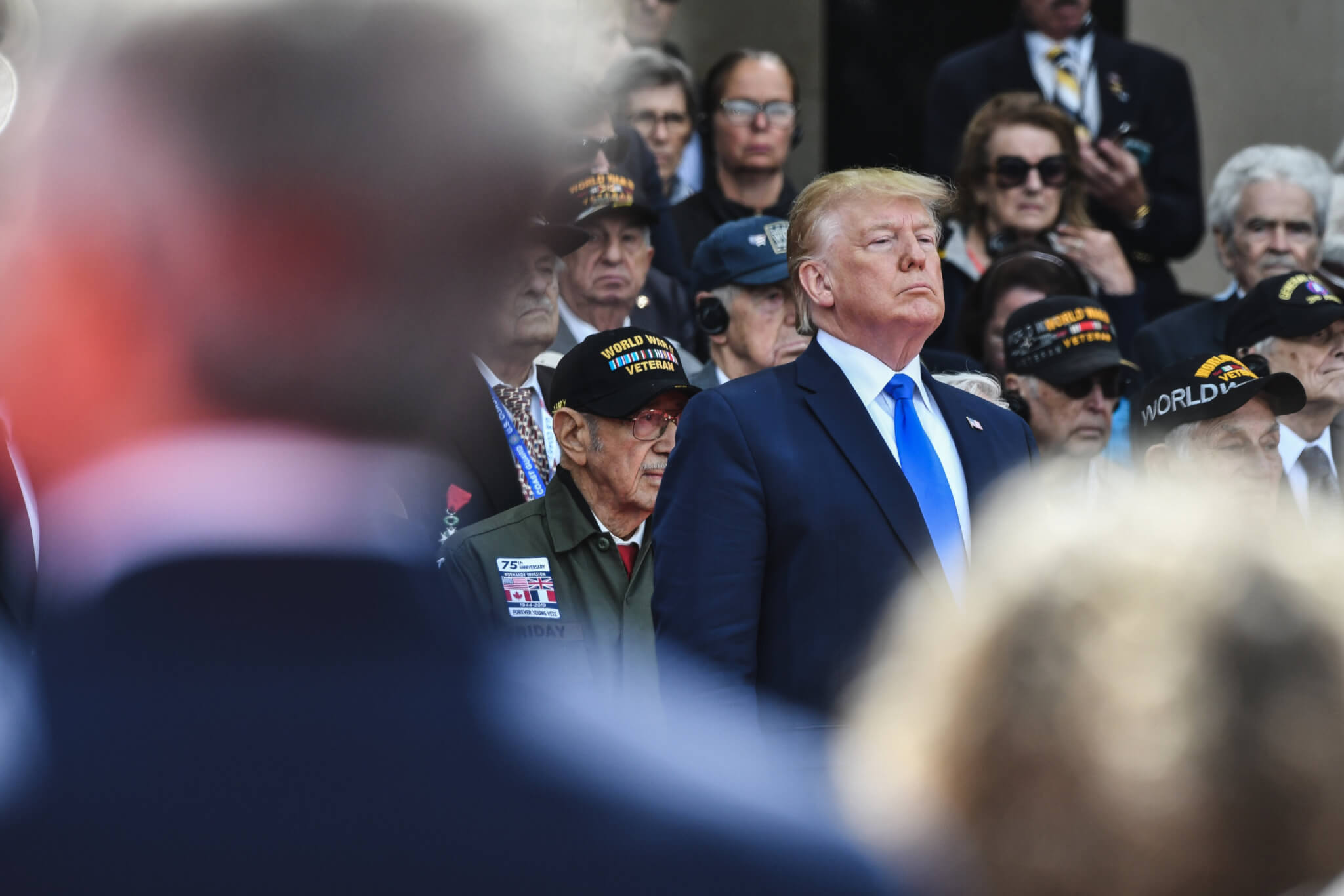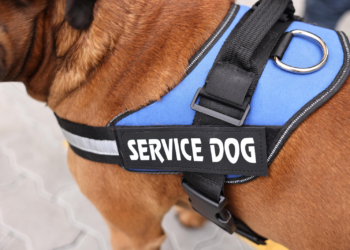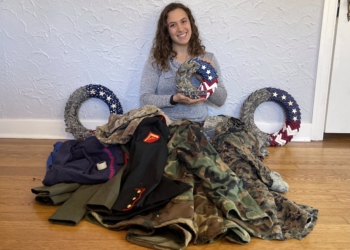As the director for the Veterans of Foreign Wars (VFW) National Veterans Service, Army veteran Michael Figlioli has witnessed eight presidential elections since he joined the VFW in 1995. The experiences have shown him at least one thing: as with any population group, major political contests can make the military community a little nervous.
“I think there’s always apprehension when it comes to any election, but especially a presidential election, for people in and connected to the military,” said Figlioli, a veterans service officer with the VFW since 2008. “Agendas are known sometimes, but sometimes they’re not. The political landscape changes constantly, so there’s always some apprehension until the administration gets settled, and people can clearly see what some of those policies might be.”
And if Figlioli and his fellow VSOs from the more than 100 VA-recognized veterans service organizations across the nation have anything to say about it, they will have a hand in influencing those military-related political priorities for the new administration.
“It’s always a challenge to learn the personalities of those who are in charge, but anything that supports veterans, family members and service members and makes their lives better, we’re definitely in favor of,” Figlioli said. “We’ll always work to make sure that policies put in place are good for veterans and their families.”
Joy Ilem, national legislative director for Disabled American Veterans (DAV) agrees. Ilem, a service-connected disabled Army veteran, listed one of DAV’s top priorities for President Donald Trump and his team: strengthening the policies around toxic exposure occurring during military members’ service. Although the Honoring Our PACT Act of 2022, which expanded healthcare access and benefits for toxin-exposed veterans, helped greatly, Ilem explained there is still more work to do.
“Disabled American Veterans will be continuing to focus on that issue of toxic exposure,” she said. “We’re making sure they have the ability to get the healthcare they need, and on the healthcare side, we’re very strong proponents of the VA healthcare system and want to make sure veterans are getting compassionate, quality service.”
On a related note, Ilem and her team aim to help the administration update the VA’s infrastructure.
“All VA medical facilities are, on average, 50 to 60 years old, and we want to make sure that Congress is ensuring the funding is appropriate for the VA so that veterans can get timely, quality care,” Ilem said. “A change in administration is not going to change the focus on those issues that have been underway for DAV for some time, including modernization efforts.”
Figlioli, meanwhile, said that the VFW supports the hopeful passages of both the Senator Elizabeth Dole 21st Century Veterans Healthcare and Benefits Improvement Act [since this interview, the Dole Act was signed into law by President Joe Biden] and the Major Richard Star Act. Each expands, reforms or improves veterans’ benefits, healthcare access and/or services. Other VFW priorities for the next four years include military-to-civilian transition services like TAP and veterans’ mental health access and services.
VSOs are committed to being the watchdogs for progress, no matter who occupies the Oval Office.
“I want to make sure that the government is smart about providing benefits for education, healthcare, quality of life and transition services,” Figlioli said. “We want a strong national defense but want that implemented smartly — with thought, not just on a whim. It has to be the right policy and good for our troops and veterans.”
Read comments








































